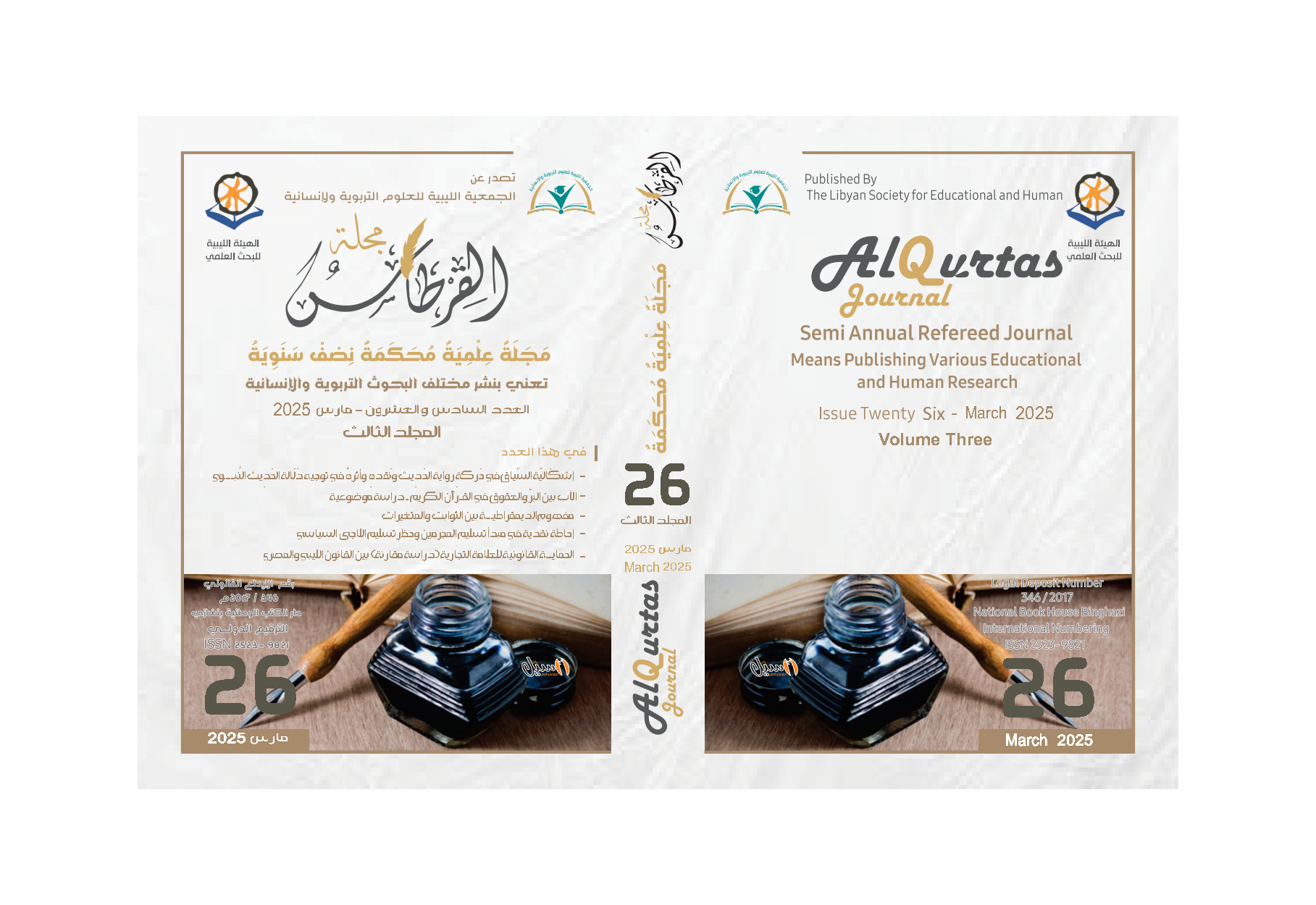The Influence of the Science of Logic on the Codified Principles of Islamic Jurisprudence After Imam al-Shafi'i
Main Article Content
Abstract
This research focuses on examining the influence of logic on the principles of Islamic jurisprudence (Usul al-Fiqh). The researcher explains that the foundation of logic lies in abstract essences, which exist independently and are entirely free from any positive or negative qualification. Logic, therefore, operates in the realm of pure abstractions devoid of all contextual or attributive constraints. The researcher concludes that this framework is fundamentally incompatible with Islamic sciences, which are intrinsically rooted in language and divine revelation. Employing the constructs of logic to interpret the Quran’s language and its arguments, particularly in response to the reasoning of Greek philosophers, is entirely disconnected from the methodology of the Islamic tradition. When logic was introduced into Usul al-Fiqh, discussions on certain issues began to take an abstract and theoretical form, disregarding the legal constraints, contextual indicators, and linguistic requisites of the Arabic tongue. Pure and unrestricted concepts, devoid of any contextual qualifications, are entirely absent in the sacred texts. Such notions cannot, by any means, be regarded as true knowledge; rather, they are no more than speculative notions or fleeting thoughts. This misapplication of logic has consequently contributed to the introduction of innovations into the religion. This version further emphasizes the nuances, scholarly tone, and critical stance present in the original Arabic text. It ensures that the depth and clarity are preserved while maintaining a refined academic style.

